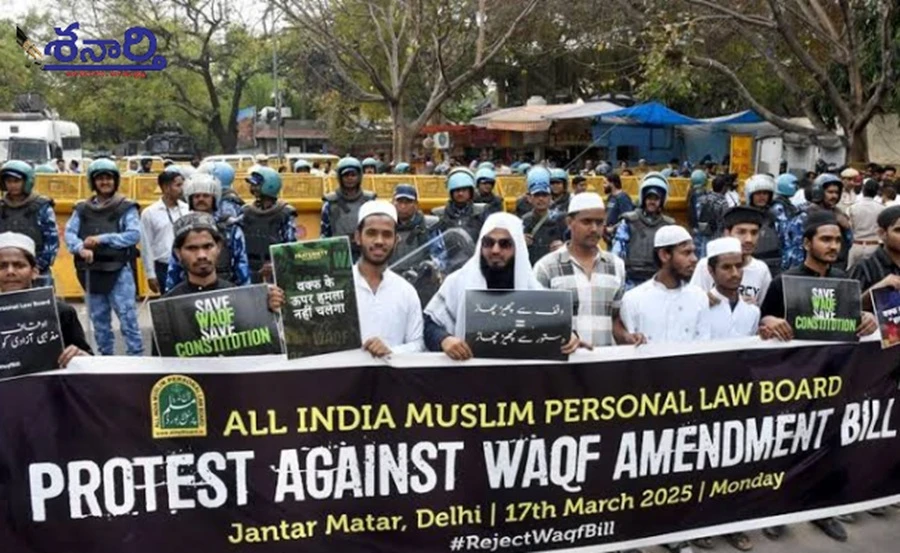New Delhi. The Waqf system in India, established to manage charitable endowments under Islamic law, has over the years become entangled in land ownership controversies, legal disputes, and political debate. As the Waqf (Amendment) Bill, 2024 sparks renewed national attention, it is important to understand the historical context and systemic issues surrounding Waqf land management.
What is Waqf?
Waqf refers to the permanent dedication of property—typically land or buildings—for religious, educational, or charitable use under Islamic principles. Once designated as Waqf, the property cannot be sold, inherited, or transferred, and must be used for the benefit of the community.
Origins and Legal Evolution
The Waqf system was formalized during the British colonial period, with legislation such as the Mussalman Wakf Validating Acts (1913, 1930). However, the lack of structured oversight led to significant misuse and unauthorized use of Waqf properties.
After independence, the Waqf Act of 1954 was introduced, later revised in 1995. This law created State Waqf Boards and the Central Waqf Council to manage and safeguard properties across the country. Despite these legal frameworks, challenges persisted.
Scope and Scale
India has one of the largest portfolios of Waqf properties in the world:
• Estimated over 6 lakh (600,000+) Waqf properties
• Spread across 6 lakh acres of land
• Includes prime urban land, mosques, graveyards, schools, and community centers
Issues and Controversies
Waqf Boards have frequently been accused of:
Encroachments: Thousands of Waqf properties have reportedly been illegally occupied or sold.
Corruption & Mismanagement: Several audits and reports, including by the Comptroller and Auditor General (CAG), have highlighted irregularities in property dealings.
Overreach: Numerous private individuals and institutions have legally contested Waqf Board claims over land, alleging misuse of historical waqf records and inadequate verification.
Political and Legal Backlash
Waqf Boards have faced criticism from activists and political parties for allegedly operating as unaccountable land authorities. Accusations have been made regarding:
• Use of ambiguous historical records to assert claims
• Lack of public consultation and transparency
• Arbitrary listings of lands in official gazettes without due process
Recent Developments
The passage of the Waqf (Amendment) Bill, 2024 aims to address many of these longstanding issues. The Bill:
1. Allows inclusion of non-Muslim members on waqf boards
2. Enhances auditing and property record verification
3. Seeks to prevent arbitrary land claims without legal basis
Union Minority Affairs Minister Kiren Rijiju stated, “This reform is crucial to restore integrity in waqf property management and ensure fair, corruption-free governance.”
As the nation engages in debate over these amendments, the historical and administrative context remains critical in understanding the future of Waqf land governance in India.
Recent Developments
The passage of the Waqf (Amendment) Bill, 2024 aims to address many of these longstanding issues.
The Bill:
• Allows inclusion of non-Muslim members on waqf boards
• Enhances auditing and property record verification
• Seeks to prevent arbitrary land claims without legal basis
As the nation engages in debate over these amendments, the historical and administrative context remains critical in understanding the future of Waqf land governance in India.
(Contributed by Amit Deshmukh)



